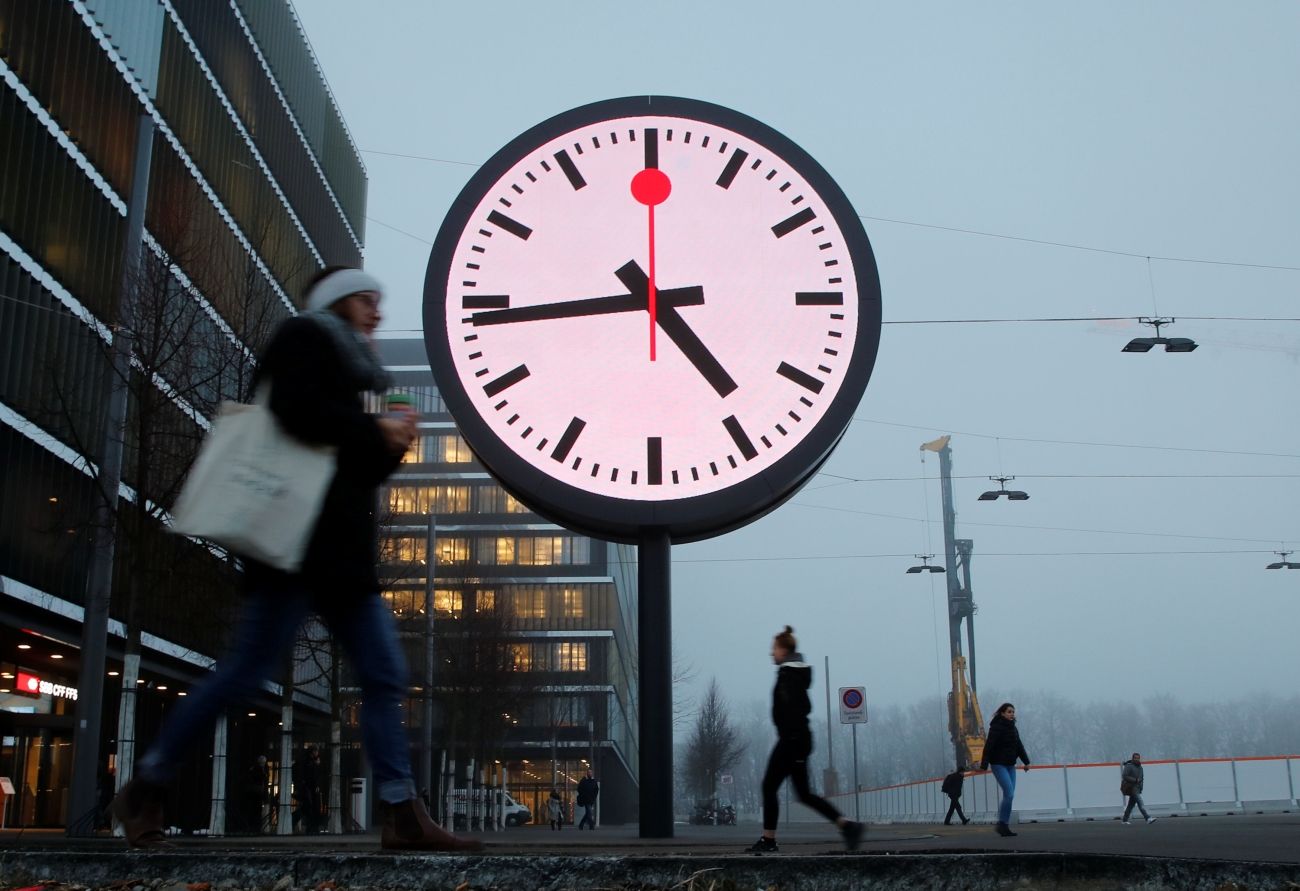On Sunday evening, daylight saving time will end and Central European Standard Time (CET) will begin, for which winter has been adopted. At 03:00 the clock will return to 02:00, making the night one hour longer. Among other things, people who will travel by public transportation long distances at that time must take into account the time difference. Night trains and buses wait an hour at the station for departure according to Central European time.
The time change on Sunday will affect some long-distance night trains of Czech Railways and its partners, which will stop for an hour at midnight and depart according to winter time. “If this connection does not remain, it will run one hour earlier on the remaining routes after the time change,” said Petr Pošta, a railway spokesman, in a press release. Winter time will be in effect for the next five months, namely until the last Sunday of March next year.
In Bohumín, trains from Prague to Humenné and two connections between Graz and Berlin will wait to depart at the new times. Trains departing from Humenné to Prague will wait in Slovakia at Čadec. Passengers of direct night trains from Prague via Leipzig, Frankfurt am Main and Basel to Zurich and back should also expect a time difference. The connection will wait on Sunday evening to depart according to Central European Time in Germany.
ČD regional trains will not be affected by the one-hour waiting time, as they do not operate during the switch to the new times. Morning trains will depart according to CET, the spokesperson added.
According to the European Commission’s plans, mandatory time changes were supposed to end across the European Union last year. However, member states have not yet agreed on which time period it will apply permanently. Therefore, the Czech government approved the regulations last year, according to which the timing will change in the next five years.
Daylight saving time was first introduced in Czech territory in 1915 and 1916. It was reintroduced during the Second World War in 1940 and lasted until 1949. The Czechs began moving their clocks forward a third time during the energy crisis of the late 1970s. . Until the mid-1990s, daylight saving time lasted for half the year in the Czech Republic. Since 1996, the republic has joined the EU customs, and the time shift lasted seven months.
Daylight saving time was originally introduced to save energy, but can now be ignored. On the contrary, experts point out that negative impacts on human health are more common.

“Certified bacon geek. Evil social media fanatic. Music practitioner. Communicator.”







